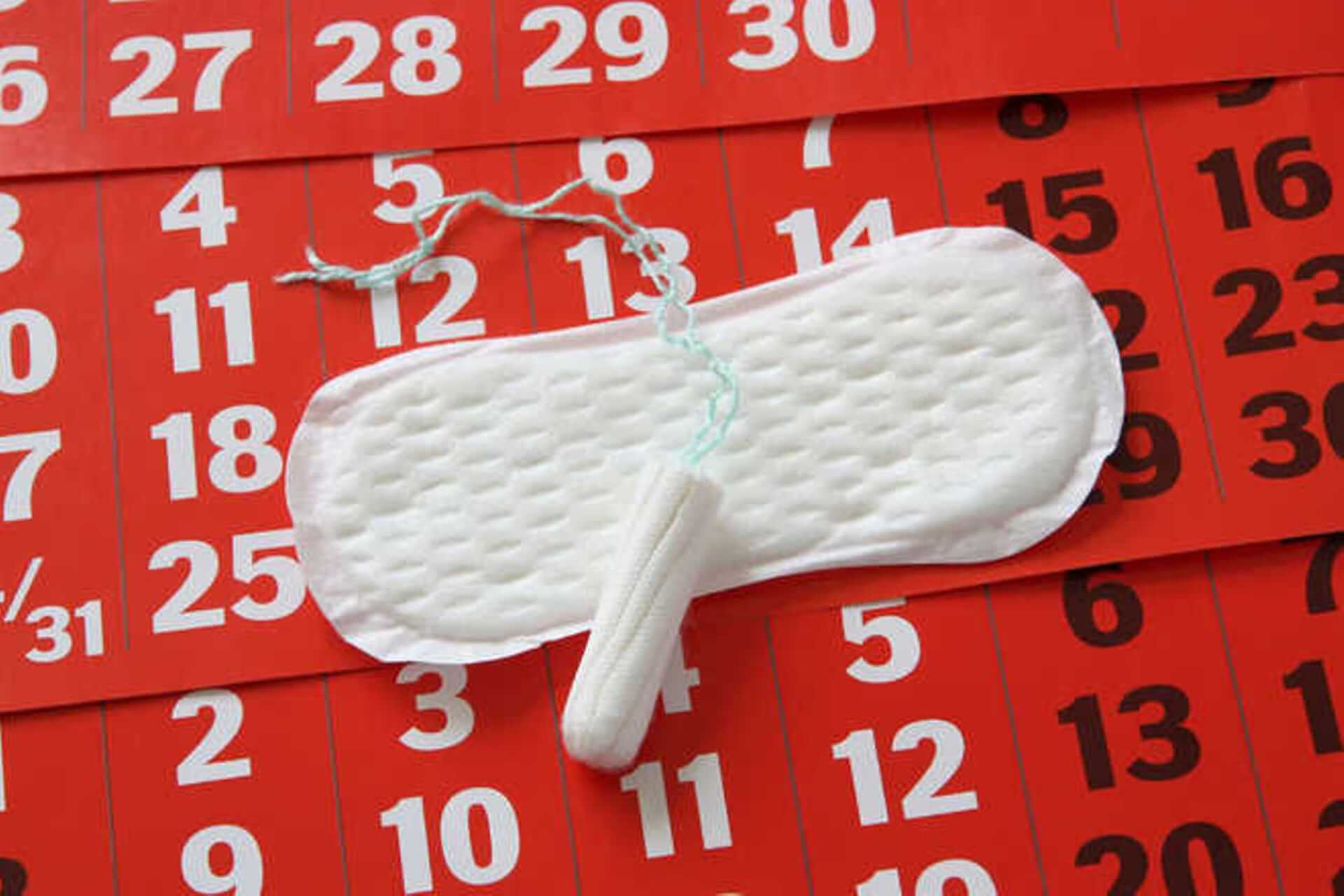When improvements in women’s rights legislations such as the Maternity Benefit Act of 1961 have significantly advanced the prospects of gender equality, gender inclusiveness and gender sensitization in India, why is menstruation not on the agenda?
Ninong Ering, a member of Lok Sabha from Arunachal Pradesh, as a Private Member, proposed the Menstruation Benefit Bill, 2017, which laid down a proposal for two days of paid menstrual leave for every woman working in the public and private sectors. Currently, Bihar is the only state which provides two days of special leave every month to its female employees since 1992.
However, the bill fails to account for the unique nature of India’s workforce, which does not allow for such provisions. As per a 2012 study, “96 per cent of the female workforce (91 for males) is employed in the informal sector, where staying home due to menstrual pain usually means losing a day’s wages or, worse, getting replaced.”
Such oversights are endemic to the male-dominated socio-political structure in India which tends to look at economic, political, and ideological issues from a non-gendered lens or rather, from a male-biased perspective. In fact, in the 2019 elections, none of the major political parties' manifestos discussed any vision for menstrual hygiene.
Menstruation is not a choice, but an inescapable and recurring biological process which puts women through painful backaches, fatigue, and cramping–among various other ailments–and makes coming to work a distressing and difficult experience. Working with such physical and mental imbalances not only impacts their health, but also their productivity.
However, the inevitable question which follows is, do women need separate menstrual leaves in addition to existing provisions for sick leave? For women who are not even entitled to paid sick leave, missing a day of work means losing money. Therefore, it is necessary to make workplaces more gender-inclusive in order to enable women to achieve their full potential. Thus, the proposed bill should include the flexibility to take time off, and options like working from home.
Nevertheless, such bills continue to ignore the unique concerns of blue-collar female workers employed in the informal industry, which does not have formal structures in place for working hours, holidays, sick leaves, or paid leaves.
Simultaneously, some women worry that the implementation of such a bill would only serve to further stratify gender disparity in the workplace in the form of hiring biases, lower salaries, and fewer opportunities for promotion by inflexible employers who are unwilling to grant their employees extra time off. Worse, they may view such employees as lazy or unmotivated.
Thus, while the introduction of such bills advances the discourse on gender-equity in the country, they must also consider the unique concerns of the Indian workforce which is largely employed in the informal sector, and the deeply entrenched patriarchy in employment structures which are already reticent to grant leaves and have a very minimal understanding of women’s issues.
As a private member’s bill, there is little chance of it being passed. However, a Parliamentary discussion and consideration of menstrual issues is a step in the right direction.
Reference List:
Belliappa Jyothsna Latha (2018), “Menstrual Leave Debate: Opportunity to Address Inclusivity in Indian Organizations”, The Indian Journal of Industrial Relations, Vol: 53, Issue no: 4
Das Moitrayee, Feminism in India, 2019 “Why do we need the Menstrual Leave Policy in India?”, https://feminisminindia.com/2019/09/20/need-menstrual-leave-policy-india/, retrieved on 15 November 2019
Deb Roy Lachmi, Outlook, 2018, “Period Leave or not? Here’s What Women Have to Say”, https://www.outlookindia.com/magazine/story/period-leave-or-not-heres-what-women-have-to-say/301033, retrieved on 15 November 2019
Menstruation Benefit Bill 2017, IAS Parliament, https://www.iasparliament.com/current-affairs/daily-news/menstruation-benefits-bill
Mohan Archis, Business Standards, 2018, “Should women be entitled to paid menstrual leave? Parliament to decide”, 02 January 2018
(Omidvar and Begum 2015) “Primary Dysmenorrhea and Menstrual Symptoms in Indian Female Students: Prevalence, Impact and Management” Global Journal of Health Science, Volume 8.
Image Source: The Tribune

